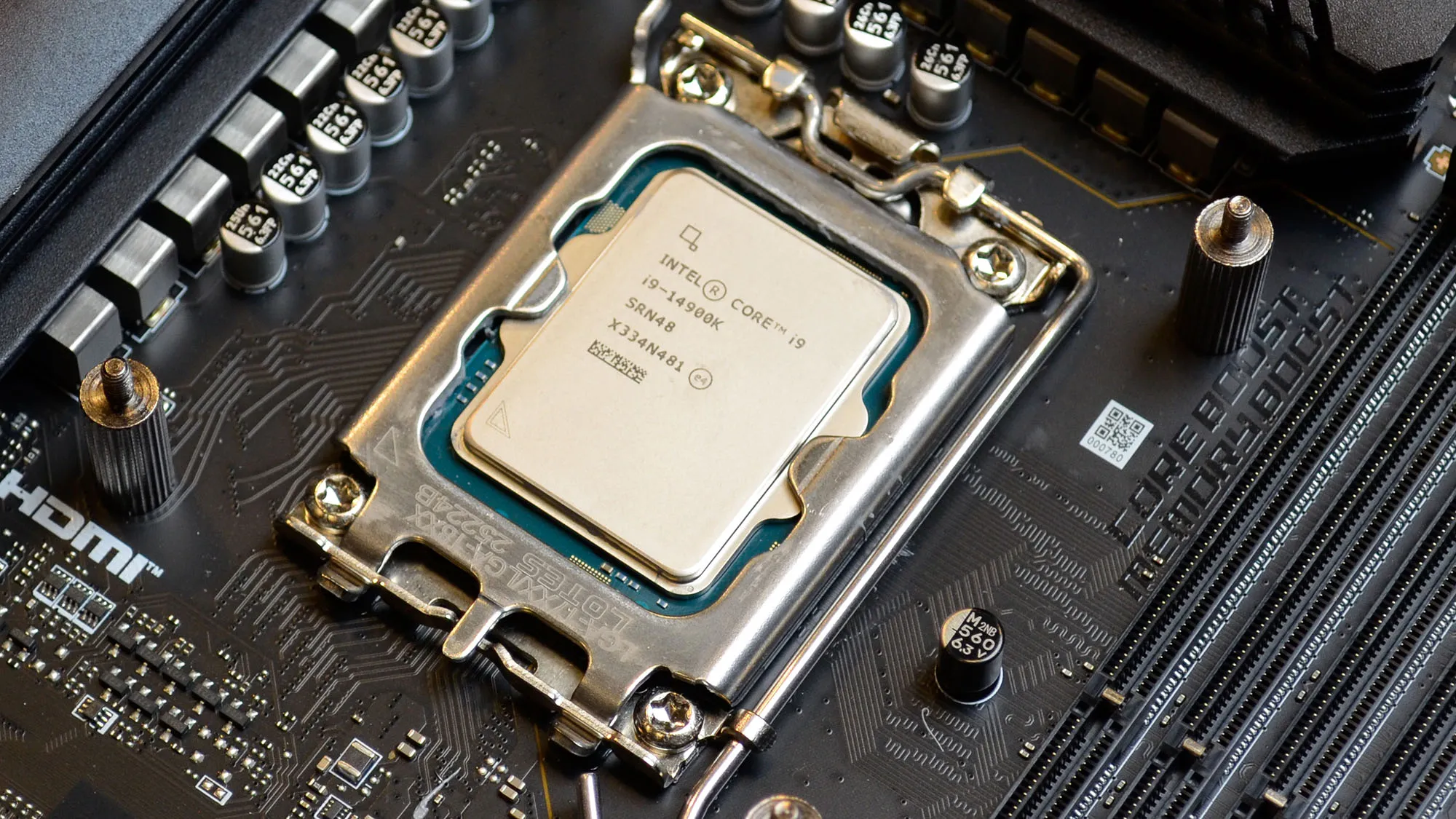Intel Raptor Lake Refresh: Performance Impact and Key Updates

Understanding the Intel Raptor Lake Refresh Update
In the competitive world of CPUs, Intel is making headlines with its latest update for the Raptor Lake processors. Users have reported a noticeable drop in performance, with speeds decreasing by up to 6.5%. This news raises questions about the effectiveness of the update and its implications for server-side computing.
Key Features of the Update
- Improved thermal management
- Enhanced compatibility with next-gen hardware
- Focus on power efficiency
While the initial performance drop may raise eyebrows, Intel is emphasizing the benefits of improved thermal management and compatibility. The Raptor Lake Refresh may not appear perfect at first glance, but it is part of a broader strategy to maintain dominance in CPU technology.
Conclusion on the Raptor Lake Update
Raptor Lake Refresh is a pivotal moment in Intel's history. Although it presents a temporary setback with a 6.5% speed decrease, it also marks a significant step towards future advancements and power efficiency.
This article was prepared using information from open sources in accordance with the principles of Ethical Policy. The editorial team is not responsible for absolute accuracy, as it relies on data from the sources referenced.